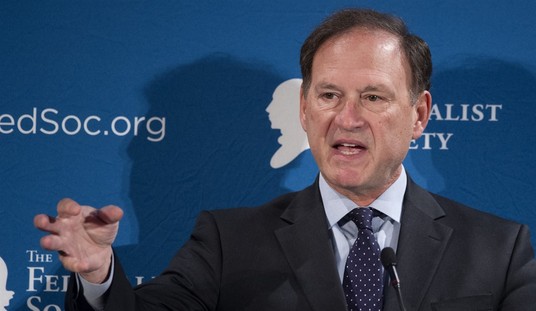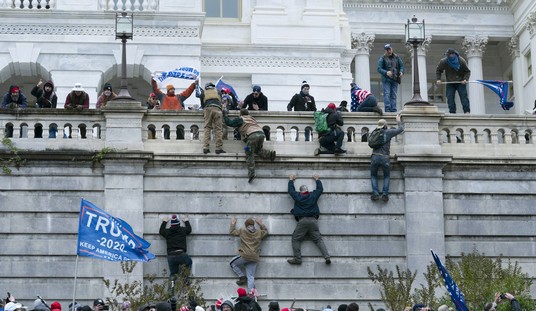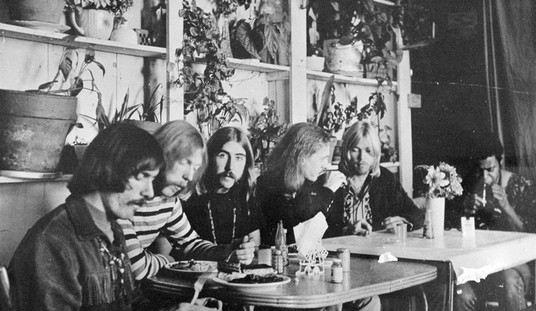I John Brown am now quite certain that the crimes of this guilty, land: will never be purged away; but with Blood. I had as I now think: vainly flattered myself that without very much bloodshed; it might be done.
Shortly after dusk on October 16, 1859 a party of eighteen heavily armed men, the self-styled Provisional Army of the United States, departed the Kennedy farm house in Washington County, Maryland. They made their way south, crossed the Potomac into Virginia at Harper’s Ferry. In short order they seized the B&O Railroad trestles crossing the Potomac and Shenandoah Rivers, the US Armory and Arsenal, the US Rifle Works, cut all telegraph access, and took hostage two prominent citizens.
Their objective was to ignite a slave rebellion in Virginia which would spread and destroy the institution of chattel slavery in the South.
John Brown’s Raid was as much a signal event in the nation’s inexorable slide towards civil war as Edmund Ruffin’s firing the first shot on Fort Sumter. It should be viewed as the death knell of the non-violent anti-slavery struggle in the United States.
The raid on the federal armory and arsenal at Harpers Ferry in effect acknowledged that the long series of compromises between pro- and anti-slavery factions, beginning with the Constitution, itself, and sequentially addressed in the Northwest Ordinance, the Missouri Compromise, the Compromise of 1850, and the Kansas-Nebraska Act had reached a logical impasse. The slave states had expanded to the geographical limits of financially viable slavery, assuming, arguendo, that slavery was ever truly financially viable, while the westward expansion of the United States made it inevitable that new free states would enter the Union and that eventually the South would not only be outvotedin the House but in also in the Senate.
Unfortunately, issues of fundamental justice don’t lend themselves to compromise. This series of compromises on the spread of slavery failed not because they were flawed, per se, but because they were generally the product of bad faith negotiations. Abolitionists were determined that slavery be abolished. Slavery proponents, while realizing that slavery would never be permitted in all states, were insistent that slavery be recognized as a legal institution even in abolitionist states. These bad faith compromises led to violence which ended slavery as an institution.
The civil war gave way to another conflict, this one over civil rights. It was every bit as expansive in scale as the slavery controversy and many of the same phases are recognizable. A series of compromises negotiated between adversaries acting in bad faith, violence, and collapse of an unjust legal regime. The violence was obviously more muted than the Civil War but violence or the promise of imminent violence underscored the era of civil rights protests.
Which leads me to the pro-life struggle in this nation.
Conservatively, a fifth of all pregnancies in this nation since Roe was declared to be law instead of a cruel parody on legal thinking have ended in abortion. At a minimum 40 million American children have been summarily executed. By any standard of morality this is a travesty. If the era of legal slavery saw 12 million Africans arrive in the New World in chains, leaving the bodies of as many as 4 million more in the Middle Passage, surely the deaths of over 10 million black children in just 36 years must count for something.
We see, today, the same pattern emerging. An unjust institution has led to bad faith compromises. Those compromises, in turn, frustrate both parties.
I’ll be the first to admit that I participate in this debate in bad faith. Abortion is unalterably and irredeemably evil. As long as it exists I will oppose it. Having said that, I am willing to accept abortion on a state-by-state basis because I know, just as the opponents of slavery knew, though the institution is unassailable nationally it is extraordinarily vulnerable locally. So, when I accept compromises that permit abortion, even abortion with strict limits, I do so only with a view towards ending abortion not achieving a modus vivendi with the supporters of infanticide.
As we’ve seen over the years, when the power of the state in used in defense of the indefensible, whether dogs and water cannon at Selma or the noxious, if comically named, Freedom of Access to Clinic Entrances Act, neither does the injustice become just nor do those opposing it go away.
We haven’t yet entered a phase of this struggle where violence is generally viewed by those of us who oppose abortion as either the only way, or even an acceptable way, to move forward. Even at its upward bounds, you are safer as an abortionist or living in an abortion clinic than you are in most of Washington, DC, Baltimore, Atlanta, Philadelphia, St. Louis, etc. Though one would have to be totally dishonest if one denied that even this low level of violence has probably contributed as much to the shortage of abortionists and the reduction of the number of abortion clinics as had any social opprobrium associated with the act of killing infants in utero.
And so the struggle continues.
Many of us, however, have long since passed the point of denouncing or even being concerned by the death of a Bernard Slepian or a George Tiller but haven’t yet reached the point of holding up their killers as heroes. We haven’t yet reached the point where a man like Paul Hill receives the kind of eulogy that sparks others to emulate him.
All historical analogies are somewhat forced as the human condition is anything but a static one. One could argue, I suppose, that our present day struggle be seen by future generations as the equivalent of Bleeding Kansas. And there is no doubt that the political compromises on slavery which foreshadowed the Civil War, however flawed they were, at least kept the hope of both sides alive while this present great moral question has been “settled” by a perversion of the judicial process and a bastardization of the Constitution leaving it festooned with penumbras and emanations hardly envisioned by neither the Founding Fathers nor anyone capable of reading English. This formula has made negotiation useless and requiring the appearance of some deus ex machina for our side to win the day.
Will we, metaphorically, reach the stage of a John Brown’s raid? Or will we be able to keep the movement within the bounds of civil disobedience? It took both the slavery and civil rights struggles a century to play out. We’ve only been at the ramparts for 36 years. The bitterness and aggravation haven’t had time to effervesce.
Seventy years hence I hope the pro-life movement can look back with pride on the fact that it never had to produce a John Brown to win the day.














Join the conversation as a VIP Member